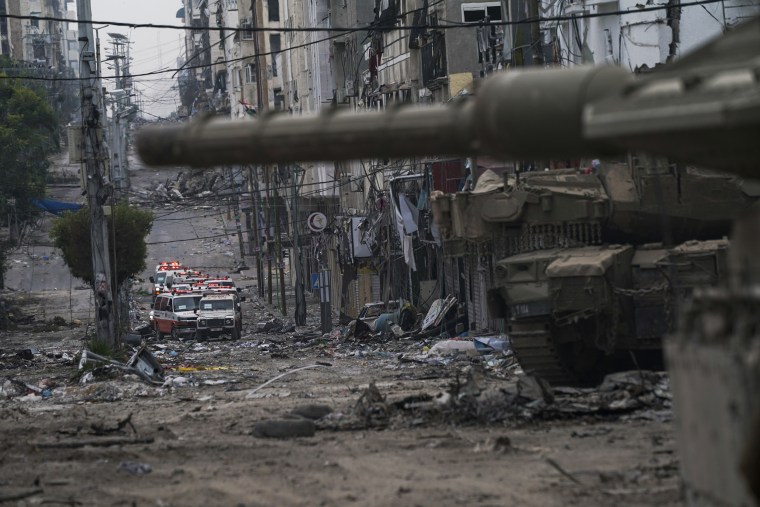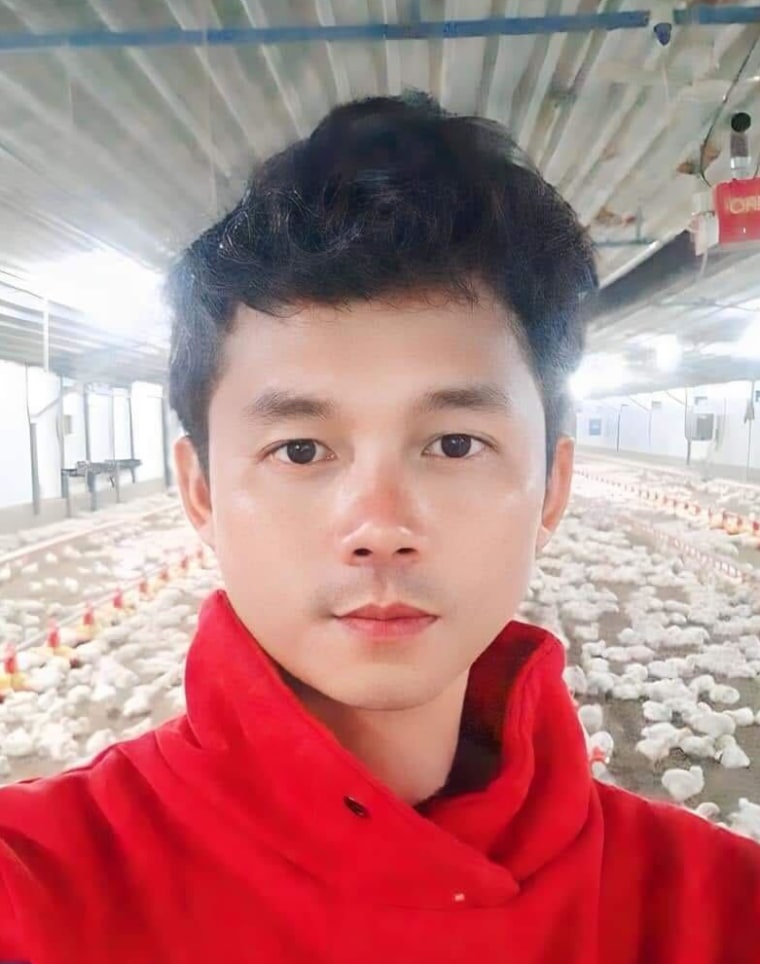DONPILA, Thailand — Ten Thai nationals were among the first hostages to be released during the cease-fire deal between Israel and Hamas, raising a hope that will reverberate into this rural village in northeastern Thailand.
Anucha Angkaew is believed to have been abducted from the kibbutz where he was working in southern Israel, seven weeks ago. His family hopes that he is among the hostages released during the four-day truce in Gaza.
About two dozen of the estimated 240 hostages being held by Hamas in the Gaza Strip are from Thailand, one of Israel’s biggest sources of migrant labor. Thailand also has among the highest death tolls in the conflict of any foreign country, with 39 of its citizens killed.
Earlier on Friday, the Thai Prime Minister announced that 12 Thai nationals were released. The foreign ministry of Qatar later confirmed that the number was ten. The reason for the discrepancy was not immediately clear, and the situation remains fluid.
“I hope this is real news and Art is coming back to our family soon,” Anucha’s mother, Watsana Yojampa, said Wednesday after hearing about the Israel-Hamas agreement, referring to him by his nickname.
Anucha, 28, is believed to have been abducted on Oct. 7 when the avocado farm where he worked was stormed by terrorists from Hamas, part of a coordinated attack that Israel says killed 1,200 people. His family says he has been missing ever since.
Thailand’s Ministry of Foreign Affairs said Friday that it welcomed the release of hostages as well as the four-day truce that Israel agreed to in exchange. It said Thailand “fervently hopes that this momentum can be maintained” so that the remaining hostages are released as soon as possible.
Hopes were raised by a report Thursday on the pan-Arab website Al-Araby Al-Jadeed, citing an unnamed Egyptian source, that the Thai hostages could be released in a deal brokered by Iran that is unrelated to the Israel-Hamas agreement.
Thai-Muslim politicians who have been in contact with Hamas since October said last week they had been assured that all Thai hostages would be released during any cease-fire.

Anucha’s father, Pornchai Angkaew, said he never imagined this could happen to his son, who had been working at Israel’s Kibbutz Re’im for almost two years. About 30,000 Thais work in Israel, mostly in agriculture, drawn by far higher wages than they could find in the poorer, rural areas of Thailand they come from.
Pornchai, 52, used the earnings his son sent home to build a house for Anucha, his wife and their 7-year-old daughter in Thailand’s Udon Thani province.
The house is nearly complete but Pornchai does not have the willpower to finish it, he said, describing his heart as “in pieces.”
He says his wife can’t bring herself to visit the house at all, because it reminds her of Anucha.
“When I see his photo, I want to cry,” said Watsana, 45.
Anucha’s daughter does not know her father is being held hostage, her grandparents say, but she suspects it.
“I want to tell Hamas that my son did not do anything wrong,” Pornchai said. “My son went there to work to send money to support the family.”
While families like Anucha’s anxiously await news, others have already confirmed the worst.
Like Anucha, Kiattisak Patee, 35, was working as a farmhand at Kibbutz Re’im near the Gaza border. His family worried about him when there were rocket attacks, which were not uncommon.

“He would call and let me know while he was in the bunker that he was hiding and I didn’t need to worry,” said his mother, Promma Yokee.
When she heard about the Hamas attack on Oct. 7, Promma said, “my heart was broken. I kept calling my son and he didn’t pick up the phone.”
After weeks of uncertainty, his body arrived home early this month.
Kiattisak spent four and a half years working on a chicken farm, sending most of the money he earned back to his family in Thailand, in a village 50 miles from Anucha’s. They used the funds to build a house and buy a tractor, which they showed NBC News.
“He built everything, and he did not even get to touch them,” said Promma, 54.
Kiattisak’s family said he had planned to come home and work their rice farm so his parents could rest as they got older. His death has shattered their world.
“I’m very sad, so sad that I don’t want to do anything,” said his father, Khamsee Patee, 63.
Khamsee said he was “so proud” of his son, and had looked forward to his return.
“But he’s no longer here,” he said. “So I will just do what I can.”